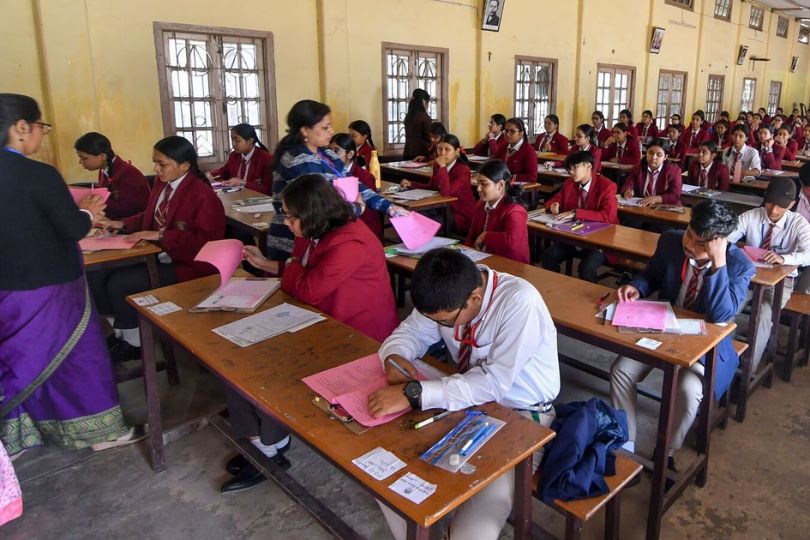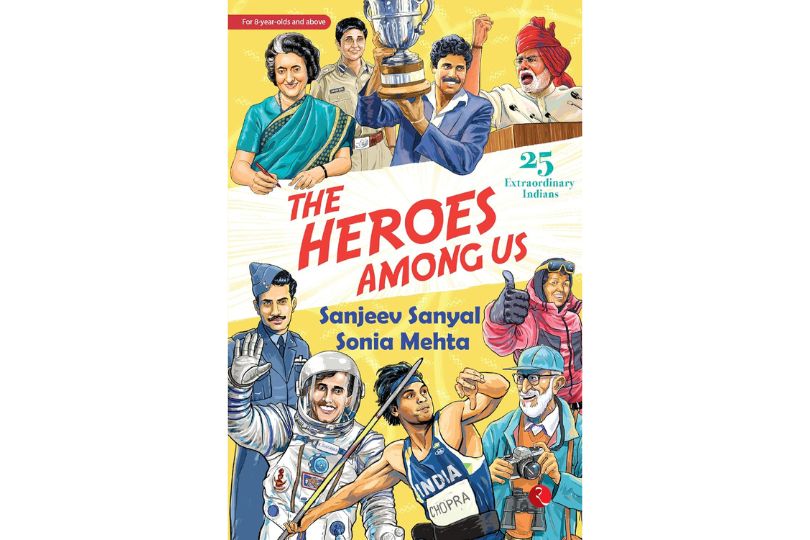CBSE proposes Open-Book exams for Classes 9–12, Pilot run in November
Explore CBSE's innovative Open Book Examinations for Classes 9-12, proposing a pilot run in November. Assess higher-order thinking skills in this new approach to testing.on Feb 22, 2024

CBSE Open Book Examinations: Students may carry their notes, textbooks, or other study materials with them and refer to them throughout an open-book exam.
According to The Indian Express, the Central Board of Secondary Education (CBSE) is proposing Open Book Examinations (OBE) for students in Classes 9 through 12, in accordance with the guidelines of the new National Curriculum Framework, which was issued last year.
According to sources, the Board has proposed a pilot run of open-book tests in a few schools for English, Mathematics, and Science for Classes 9 and 10, as well as English, Mathematics, and Biology for Classes 11 and 12, later this year to assess the time it takes students to complete such tests and the response of stakeholders.
Students may carry their notes, textbooks, or other study materials with them and refer to them throughout an open-book exam. However, OBEs are not always easier than closed-book exams; they are frequently more difficult. This is because an open-book test evaluates a student's grasp of a subject as well as her ability to analyse or apply concepts, rather than her memory.
It is more than just scribbling down information from a textbook on the answer script.
According to The Indian Express, the pilot will be undertaken in November-December of this year, and based on the results, the Board will decide whether to use this kind of evaluation in all of its schools for Classes 9 to 12. The pilot will test higher-order thinking capabilities, such as application, analysis, critical and creative thinking, and problem-solving ability.
The Board intends to complete the design and development of the OBE pilot by June and has chosen to contact Delhi University (DU) on the matter. Despite objections, the DU implemented open book tests in August 2020, amid the Covid epidemic, which disrupted the academic calendar.
pupils had petitioned the Delhi High Court against this measure, claiming that it would be "discriminatory" to those who do not have access to the Internet and infrastructure - the underprivileged and PwD category pupils, particularly the visually challenged. The court later allowed DU to retain the OBE for final-year undergraduate and postgraduate students. Regular students had three hours to finish the examination plus an additional hour to scan and upload answer papers, but PwD students had six hours.
Ajay Arora, OSD Examination at DU, informed The Indian Express that the first OBE evaluation was held in August 2020 and the last one in March 2022. DU resumed physical mode completely in January 2022, while the final round of OBE was offered as an alternative to students who started the university in November 2021. We then resumed our routine examination procedures."
According to sources, while considering the proposal to implement OBE in CBSE schools late last year, the Board's curriculum committee highlighted the need to provide high-quality textbooks to ensure that pupils comprehend and accept this new way of assessment.
During the curriculum committee meeting, some members also proposed having teachers take the open book exams first to understand the concept and help them develop OBE materials of comparable quality to those of the Advanced Placement examination—an entrance exam for colleges in the United States—setting it as a standard benchmark.



.jpg)






.jpg)
.png)
.jpg)
.jpg)
.jpg)
.jpg)

.jpg)










Sorry! No comment found for this post.